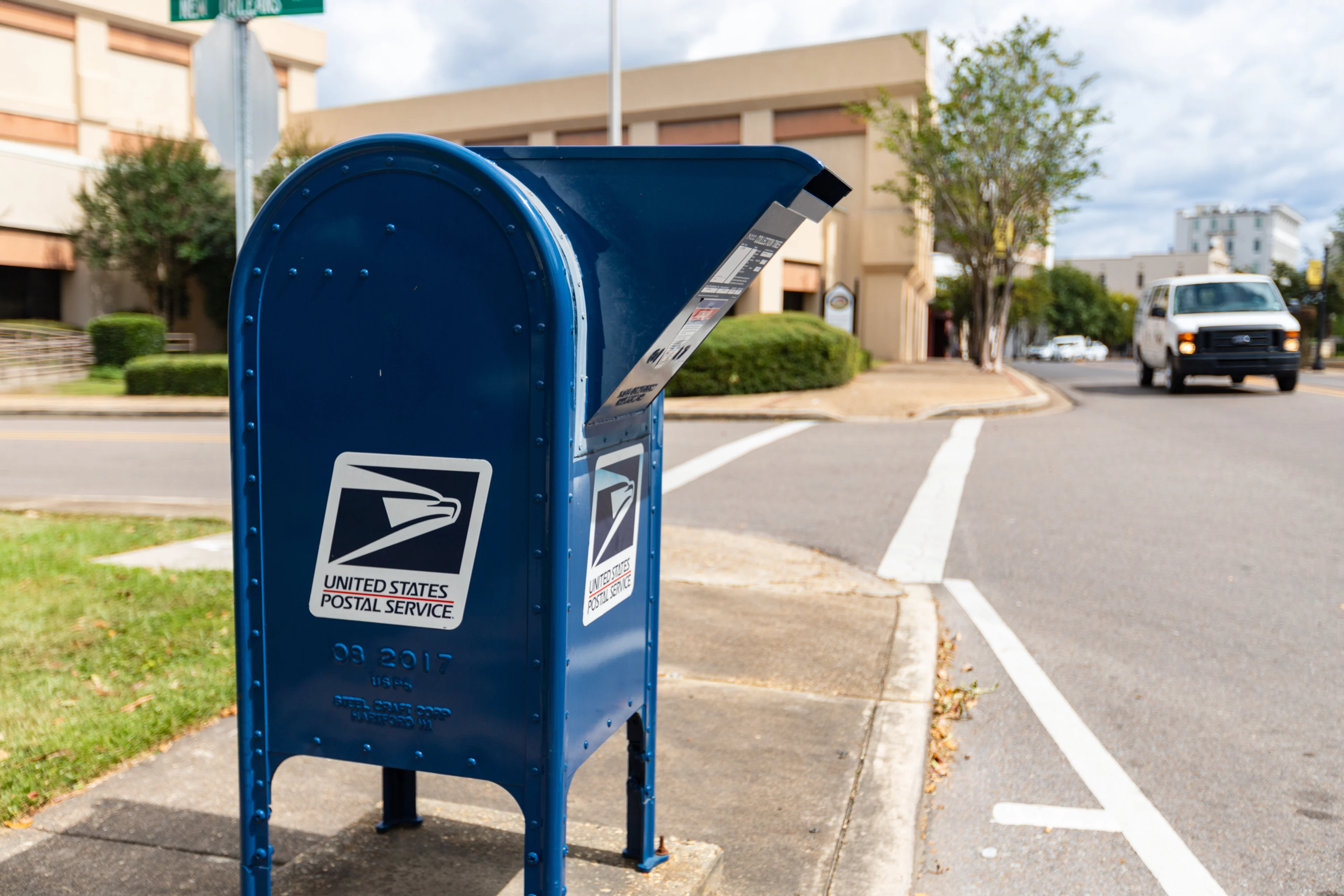
IRS Receipt-Stamped Tax Return – Unacceptable Method of Financial Verification
By Mark Austin, MBA – SBA Senior Consultant, Financial Institutions Group
There is a misnomer in the Small Business Administration (SBA) lending community when the IRS advises “No Record Found” on tax transcripts for any of the required tax periods where a stamped tax return is an acceptable form of verification of financial information.
With the new SOP 50 10 7.1 that took effect in November 2023, the SBA clarified this specific exception. If the IRS advises it has no record of the applicant or no record of any of the required years of transcripts, no disbursements may be made on the loan and either the loan must be cancelled, or the closing must be postponed until the issue is resolved. Unfortunately, an IRS receipt-stamped tax return is not an acceptable method of financial verification.
In response, the lender must still verify the information via IRS tax transcripts. Otherwise, if an SBA lender disburses on a loan and is unable to obtain tax transcripts and reconcile the tax transcript to the financial information provided by the applicant, the guaranty may be subject to repair or denial.
The SBA does provide an exception for U.S. territories where an applicant business is not required to file federal tax returns. In this instance, SBA lenders must verify the receipt-stamped copies of the income tax returns filed with the territory’s taxing authority. When in doubt, always verify and reconcile tax returns to IRS tax transcripts.
Should you have additional questions regarding acceptable methods of financial verifications, Doeren Mayhew SBA lending pros stand ready to assist.


